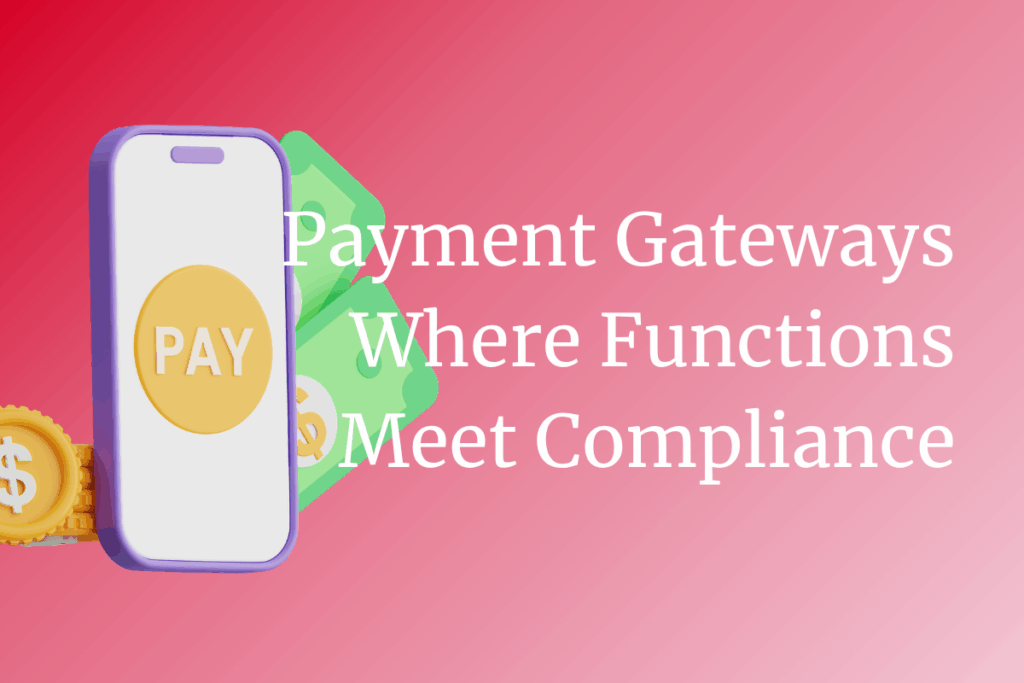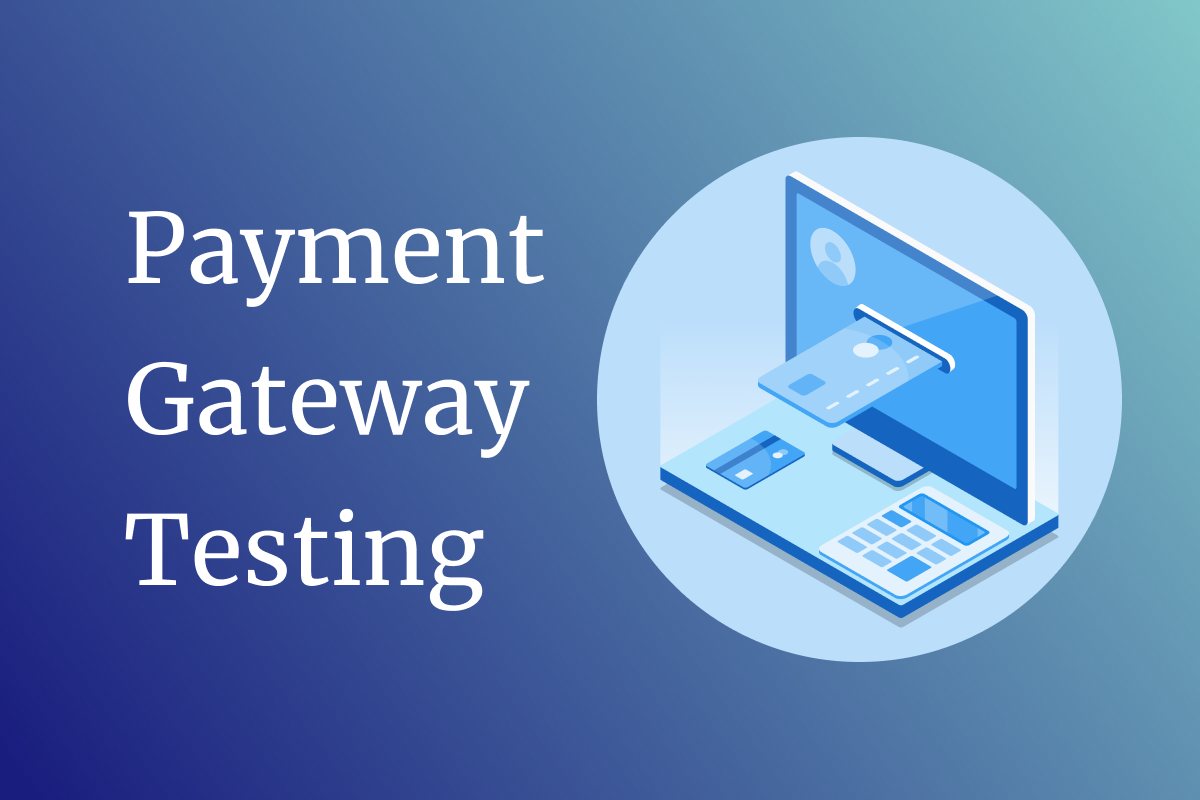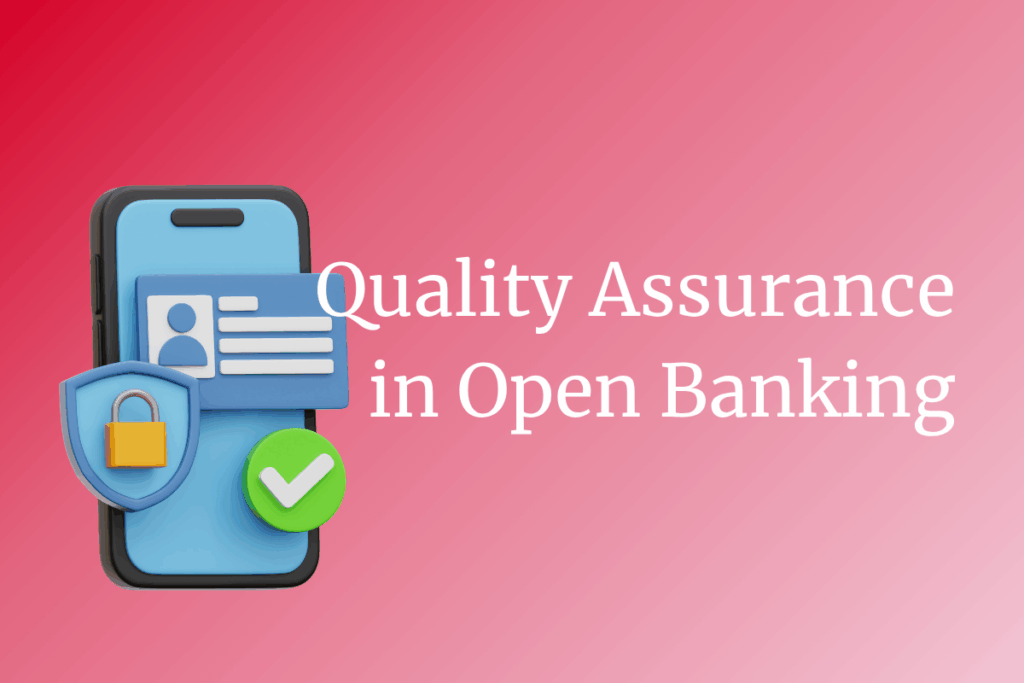In the dynamic landscape of Australia’s digital economy, payment gateways serve as the critical infrastructure connecting merchants, customers, and financial institutions. Given the increasing reliance on digital transactions and the rising threat of cybercrime, establishing robust QA and testing protocols is critical for maintaining trust and compliance with regulatory standards. This article explores the vital role of systematic testing in meeting Australian regulatory standards while maintaining robust security protocols.
Understanding Payment Gateway Security in the Australian Context
The Critical Infrastructure Role
Payment gateways process billions of dollars in transactions annually across Australia, making them prime targets for cybercriminals and critical components of national financial infrastructure. These systems must simultaneously ensure frictionless user experiences while maintaining the highest security standards and regulatory compliance.
The Australian payment ecosystem encompasses diverse stakeholders including traditional banks, fintech companies, payment processors, and emerging digital wallet providers. Each participant must implement rigorous QA and testing protocols to maintain system integrity and consumer trust.
Regulatory Landscape Overview
Australian payment gateways must comply with multiple regulatory frameworks simultaneously. The Australian Prudential Regulation Authority (APRA) oversees prudential requirements, while the Australian Securities and Investments Commission (ASIC) focuses on consumer protection and market integrity. Additionally, the Reserve Bank of Australia (RBA) provides guidance on payment system standards and operational resilience.
Australian Compliance Requirements for Payment Gateways
APRA Prudential Standards
APRA’s prudential standards require payment gateway operators to maintain robust operational risk management frameworks. CPS 230 (Operational Risk Management) mandates comprehensive testing of critical systems, including regular scenario testing, stress testing, and business continuity assessments. Payment gateways must demonstrate their ability to maintain operations during various disruption scenarios.
CPS 234 (Information Security) specifically addresses cybersecurity requirements, mandating regular penetration testing, vulnerability assessments, and security control testing. Payment gateway operators must maintain detailed testing documentation and demonstrate continuous improvement in their security posture.
PCI DSS Compliance
The Payment Card Industry Data Security Standard (PCI DSS) is a mandatory global security standard that applies to all organizations in Australia processing, storing, or transmitting cardholder data. Compliance requires the implementation of strong encryption, secure network configurations, access controls, vulnerability management, and regular security testing. Version 4.0 of the PCI DSS became mandatory on April 1, 2024, with full compliance expected by March 31, 2025. Failure to comply can result in significant fines and an increased risk of data breaches.
ASIC Consumer Protection Standards
ASIC’s regulatory guidance emphasizes consumer protection and fair dealing in payment services. Payment gateways must implement comprehensive testing protocols to ensure accurate transaction processing, transparent fee disclosure, and robust dispute resolution mechanisms. Testing strategies must verify that consumer data is protected and that payment processes meet disclosure requirements.
Licensing and Regulatory Compliance
The payment gateway must operate under an Australian Financial Services Licence (AFSL) if providing financial services, ensuring it meets ASIC’s regulatory standards for honesty, fairness, and efficiency.
It must comply with Australian Consumer Law (ACL), providing transparent fee structures and protecting customer rights.
The gateway should comply with Anti-Money Laundering and Counter-Terrorism Financing (AML/CTF) obligations under AUSTRAC, including customer identification (KYC), transaction monitoring, and reporting suspicious activities
Integration with Australian Payment Infrastructure
To effectively engage with the Australian market, it is crucial to integrate with the New Payments Platform (NPP). This innovative payment system facilitates quick, flexible, and information-rich transactions, including instant bank transfers that cater to the demands of modern consumers seeking efficiency and convenience in their financial dealings.
Furthermore, aligning with popular Buy Now, Pay Later (BNPL) services such as Afterpay and Zip is essential, as these platforms have gained significant traction among Australian consumers. By offering integration with these services, businesses can tap into a growing trend that resonates with local shopping habits and preferences.
Lastly, adherence to the Australian Taxation Office (ATO) requirements for Goods and Services Tax (GST) collection and remittance is a critical responsibility for businesses operating in Australia. Ensuring compliance not only aids in avoiding penalties but also fosters trust and reliability among business customers navigating the Australian financial landscape.
RBA Payment System Standards
The Reserve Bank of Australia’s payment system standards require payment gateways to maintain high levels of operational reliability and security. The standards emphasize the importance of comprehensive testing in ensuring system resilience and maintaining public confidence in the payment system.
Privacy Act Compliance
Payment gateways handle vast amounts of personal and financial data, making Privacy Act compliance critical. Testing protocols must verify that data collection, storage, and processing practices meet privacy requirements, including consent mechanisms, data minimization principles, and breach notification procedures.
Comprehensive QA and Testing Framework for Payment Gateways
Multi-Layered Security Testing Approach
Effective payment gateway testing requires a multi-layered approach that addresses various security vectors simultaneously. This comprehensive strategy includes application security testing, infrastructure security assessments, network security validation, and end-to-end transaction security verification.
Application security testing focuses on identifying vulnerabilities in payment gateway software, including injection attacks, authentication bypasses, and session management flaws. Automated security scanning tools complement manual penetration testing to provide comprehensive coverage of potential security weaknesses.
Functional Testing Requirements
Payment gateway functional testing must verify accurate transaction processing across multiple payment methods, currencies, and merchant configurations. Test scenarios should include successful transactions, failed transactions, partial payments, refunds, and dispute scenarios. Each test case must validate that the system responds appropriately while maintaining data integrity and security.
Cross-browser and cross-device testing ensures that payment gateways function correctly across different user environments. Mobile payment testing has become particularly critical as smartphone transactions continue to grow in Australia.
Performance and Load Testing
Payment gateways must maintain performance standards during peak transaction periods, including major sales events, holiday seasons, and unexpected traffic spikes. Load testing protocols should simulate realistic transaction volumes while monitoring system response times, error rates, and resource utilization.
Stress testing pushes systems beyond normal operating parameters to identify breaking points and ensure graceful degradation under extreme conditions. These tests help payment gateway operators understand system limits and plan for capacity scaling.
Payment Card Industry Standards
The Payment Card Industry Data Security Standard (PCI DSS) provides the foundational security requirements for payment gateways handling credit card transactions. Compliance testing must verify implementation of all twelve PCI DSS requirements, including network security controls, cardholder data protection, vulnerability management, and access control measures.
Regular PCI DSS compliance assessments require comprehensive testing documentation, including penetration testing reports, vulnerability scan results, and security control validation evidence. Payment gateways must maintain continuous compliance monitoring rather than treating PCI DSS as an annual requirement.
Tokenization and Encryption Testing
Modern payment gateways rely heavily on tokenization and encryption to protect sensitive payment data. Testing protocols must verify that tokenization systems properly replace sensitive data with non-sensitive tokens, that encryption implementations meet industry standards, and that key management practices follow security best practices.
End-to-end encryption testing ensures that payment data remains protected throughout the entire transaction flow, from initial capture through final settlement. This includes testing encryption at rest, encryption in transit, and proper key rotation procedures.
Real-Time Fraud Detection Systems
Payment gateways implement sophisticated fraud detection systems that analyze transaction patterns in real-time. Testing these systems requires comprehensive scenarios that simulate legitimate transactions, suspicious activities, and known fraud patterns. Machine learning-based fraud detection systems require ongoing testing to ensure accuracy and minimize false positives.
Fraud detection testing must balance security with user experience, ensuring that legitimate transactions are not unnecessarily blocked while maintaining effective fraud prevention. A/B testing methodologies help optimize fraud detection rules while measuring their impact on conversion rates.
Risk Scoring and Transaction Monitoring
Risk scoring algorithms evaluate multiple factors to assess transaction legitimacy. Testing protocols must verify that risk scoring models accurately identify high-risk transactions while avoiding discrimination against legitimate users. Regular model validation ensures that risk scoring remains effective as fraud patterns evolve.
Transaction monitoring systems require testing to ensure they can identify suspicious patterns, comply with anti-money laundering requirements, and generate appropriate alerts for manual review. Testing should include various transaction volumes and patterns to validate system effectiveness.
Third-Party Integration Security
Payment gateways integrate with numerous third-party services, including banks, payment processors, fraud detection services, and merchant systems. Each integration point represents a potential security vulnerability that requires comprehensive testing. API security testing must verify authentication mechanisms, data validation, rate limiting, and error handling.
Integration testing protocols should include both positive and negative test cases, ensuring that systems handle unexpected inputs gracefully and maintain security boundaries. Regular testing of third-party integrations helps identify changes that might impact security or functionality.
Webhook and Notification Security
Payment gateways use webhooks and notifications to communicate transaction status to merchants and other systems. These communication channels require security testing to prevent unauthorized access, data tampering, and information disclosure. Testing should verify webhook authentication, payload validation, and retry mechanisms.
DevSecOps Implementation
Modern payment gateway development requires integration of security testing within continuous integration and continuous deployment (CI/CD) pipelines. Automated security testing tools can identify vulnerabilities early in the development process, reducing the cost and complexity of remediation.
Static Application Security Testing (SAST) tools analyze source code for security vulnerabilities, while Dynamic Application Security Testing (DAST) tools test running applications for security flaws. Interactive Application Security Testing (IAST) combines both approaches for comprehensive coverage.
Continuous Compliance Monitoring
Payment gateways must maintain continuous compliance rather than treating it as a periodic assessment. Automated compliance monitoring tools can verify that security controls remain effective, that configuration changes don’t introduce vulnerabilities, and that regulatory requirements continue to be met.
Continuous monitoring includes automated vulnerability scanning, configuration compliance checking, and security control validation. These automated processes enable rapid identification of compliance issues and facilitate prompt remediation.
Business Continuity Planning
Payment gateways must maintain operations during various disruption scenarios, including cyber attacks, system failures, and natural disasters. Business continuity testing verifies that backup systems function correctly, that data recovery procedures work effectively, and that communication plans enable coordinated response.
Disaster recovery testing should include both planned and unplanned scenarios, testing the organization’s ability to maintain critical functions under various conditions. Regular testing exercises help identify gaps in recovery procedures and ensure that staff are prepared for emergency situations.
Cyber Incident Response
Payment gateways face constant cyber threats that require rapid and effective response. Incident response testing, including tabletop exercises and simulated attacks, helps organizations prepare for various threat scenarios. These tests verify that detection systems work effectively, that response procedures are clear and actionable, and that communication protocols enable coordinated response.
Cost-Benefit Analysis of Comprehensive Testing
Financial Impact of Security Breaches
The cost of security breaches in payment systems can be devastating, including direct financial losses, regulatory penalties, legal costs, and reputational damage. Comprehensive testing programs represent a fraction of the potential cost of a major security incident, making them essential investments in business continuity.
Recent data breaches in the financial services sector have resulted in penalties exceeding tens of millions of dollars, not including the indirect costs of customer churn, increased regulatory scrutiny, and operational disruption. Effective testing programs help prevent these catastrophic costs while maintaining competitive advantage.
Regulatory Penalty Prevention
Australian regulators have demonstrated willingness to impose substantial penalties for compliance failures, particularly in areas affecting consumer protection and financial system stability. ASIC penalties can reach millions of dollars for serious violations, while APRA can impose additional capital requirements that significantly impact business operations.
Comprehensive testing programs help organizations avoid these penalties by identifying compliance issues before they escalate into regulatory violations. The cost of testing programs typically represents less than 1% of potential regulatory penalties, making them essential risk management investments.
Emerging Technologies and Testing Challenges
Artificial Intelligence in Payment Processing
Payment gateways increasingly use artificial intelligence for fraud detection, risk assessment, and customer experience optimization. Testing AI-powered systems requires specialized approaches that address algorithmic bias, model accuracy, and decision transparency. Testing protocols must ensure that AI systems comply with fairness requirements and provide explainable decisions.
Blockchain and Cryptocurrency Integration
As cryptocurrency adoption grows, payment gateways must integrate blockchain technologies while maintaining security and compliance. Testing blockchain integrations requires understanding of distributed ledger technologies, smart contract security, and cryptocurrency regulatory requirements.
Open Banking Integration
Australia’s Open Banking framework requires payment gateways to integrate with bank APIs while maintaining strict security and privacy controls. Testing Open Banking integrations must verify that data sharing occurs securely, that consent mechanisms work correctly, and that customer data remains protected.
Best Practices for Payment Gateway Testing Implementation
Risk-Based Testing Approach
Given the complexity of payment gateway systems, organizations should implement risk-based testing approaches that prioritize the most critical system components and highest-risk scenarios. This approach ensures that limited testing resources focus on areas with the greatest potential impact on security and compliance.
Risk assessments should consider threat likelihood, potential impact, and existing control effectiveness to determine testing priorities. Regular risk reassessments ensure that testing strategies remain aligned with evolving threat landscapes and business requirements.
Cross-Functional Testing Teams
Effective payment gateway testing requires collaboration between security specialists, compliance experts, developers, and business stakeholders. Cross-functional testing teams ensure that all aspects of system functionality, security, and compliance are adequately addressed.
Regular training and knowledge sharing help testing teams stay current with evolving threats, regulatory requirements, and testing methodologies. Investment in team capabilities pays dividends through more effective testing and faster issue resolution.
Early Quality Engineering
Implementing early quality engineering is crucial in the QA process. A critical best practice is the “shift left” approach, which involves integrating QA teams early in the software development lifecycle. By engaging QA from the inception of a project, organizations can test continuously and early, which reduces costs and prevents issues from escalating later in the development process.
Automate where possible
Automation is a pivotal strategy in modern QA practices, significantly enhancing productivity and quality. Automated testing utilizes specialized software tools to conduct repetitive tests and validate functionality, performance, security, and compliance of payment gateways. By automating standard testing scenarios, teams can allocate more resources to high-value activities, thereby improving the overall testing process. For example, automated test libraries can simulate real-world transaction flows, ensuring compatibility across various payment systems and enhancing test coverage
Document Results Thoroughly
Thorough documentation of the QA process and its results is often overlooked, yet it is crucial for both current and future team members. Proper documentation makes the testing process transparent and provides valuable insights that can inform improvements and facilitate knowledge transfer among team members. This practice ensures that lessons learned from past projects are accessible and can be applied to future initiatives.
Create Reports and Utilize Analytics
Once sufficient testing data has been collected, it is important to analyze and generate detailed reports. These reports should outline the application’s functionality, stability, performance, usability, and other critical parameters. Robust analytics enable stakeholders to understand the current state of the product’s quality and identify areas for improvement, thus guiding decision-making processes
Future Outlook: Evolution of Payment Gateway Testing
Regulatory Technology Integration
The integration of regulatory technology (regtech) solutions will transform how payment gateways approach compliance testing. Automated compliance monitoring tools will enable real-time regulatory adherence verification, reducing the burden of manual compliance processes while improving accuracy and coverage.
Enhanced Threat Detection
Future testing frameworks will incorporate advanced threat intelligence and machine learning capabilities to identify emerging attack vectors and optimize security controls. Predictive testing approaches will help organizations prepare for future threats rather than simply responding to known vulnerabilities.
Sustainable Testing Practices
Environmental sustainability considerations will increasingly influence testing strategies, encouraging more efficient testing approaches that minimize resource consumption while maintaining comprehensive coverage. Cloud-based testing platforms and automated testing tools will support more sustainable testing practices.
User Experience Focus
User interface testing is becoming integral to payment gateway strategies as businesses aim to enhance customer satisfaction and reduce transaction abandonment rates. An intuitive and user-friendly interface can significantly impact the likelihood of successful transactions, making it essential for QA teams to focus on usability alongside security and compliance testing.
Conclusion: Testing as the Foundation of Secure Payment Systems
Comprehensive QA and testing strategies form the foundation of secure, compliant payment gateways in the Australian market. As payment systems become increasingly complex and threats continue to evolve, organizations must invest in robust testing frameworks that address security, compliance, and operational requirements simultaneously.
The financial benefits of comprehensive testing far exceed the investment costs, preventing catastrophic security breaches, regulatory penalties, and operational disruptions. Organizations that recognize testing as a strategic imperative rather than a compliance burden will be best positioned to succeed in Australia’s competitive payment gateway market.
Success in the Australian payment gateway sector requires not just meeting current requirements but anticipating future challenges and building resilient systems that can adapt to evolving threats and regulations. Comprehensive testing strategies provide the foundation for this resilience, enabling organizations to maintain customer trust while supporting the digital economy’s continued growth.
ContactContact
Stay in touch with Us




